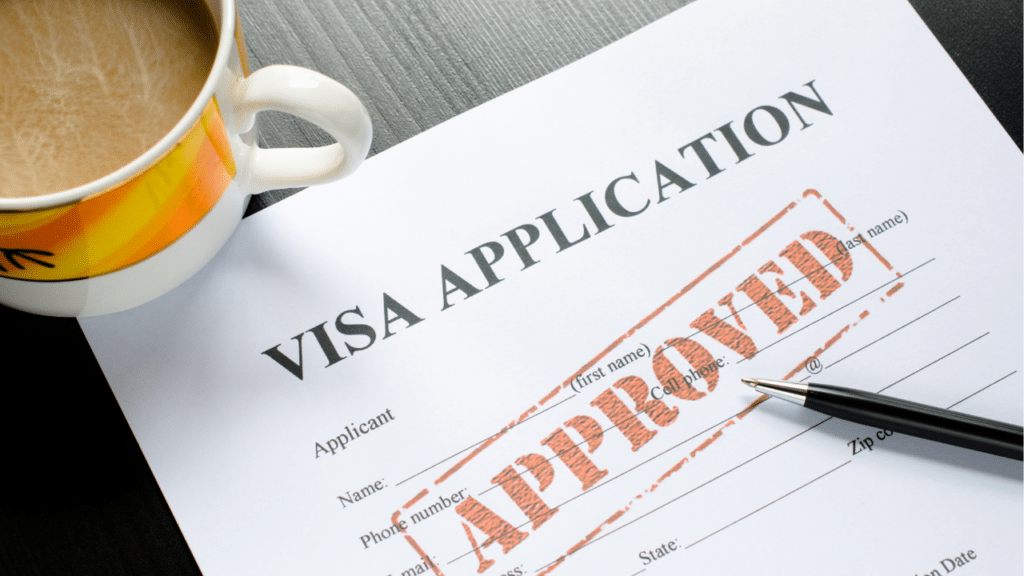Apostille Certification for NRIs: What It Is and Why It Matters

For many Non-Resident Indians (NRIs) and members of the Indian diaspora, dealing with legal, educational, and business documents across borders can be complicated. Whether you’re pursuing higher education abroad, applying for a work visa, or planning to start a business in India, you’ll often come across the term “apostille”. Understanding what an apostille is, and why it’s important, can make a significant difference in how smoothly your international documentation process goes.
In this Article
What is an Apostille?
An apostille is a form of document authentication issued by the Ministry of External Affairs (MEA), Government of India. It takes the shape of a square-shaped stamp affixed to the back of the original document, signifying that the document is genuine and has been verified by the appropriate authorities.
Apostille certification is essential for documents that are to be used in countries that are part of the Hague Apostille Convention, an international treaty that simplifies the process of legalizing documents for international use. If the country you’re dealing with is a member of this convention, then apostille is the appropriate route. For countries not part of the convention, regular attestation will usually be required instead.
Why Do NRIs Need Apostille Certification?
NRIs and people of Indian origin often need apostille certification for a variety of personal and professional purposes. Apostille eliminates the need for further legalization of the document in the destination country, making the process much simpler and faster.
Some common scenarios where apostille is necessary include:
- Applying for employment or work visas abroad
- Pursuing higher education in foreign institutions
- Obtaining permanent or temporary residency
- Getting married overseas or registering a marriage in a foreign country
- Starting a business or engaging in trade-related activities
- Handling inheritance, legal claims, or property transactions abroad
Types of Documents That Require Apostille
Apostille certification can be applied to a wide range of documents, depending on their purpose. These include:
- Personal Documents: Birth certificates, marriage certificates, single status certificates, and affidavits
- Educational Documents: Degree certificates, mark sheets, transcripts
- Commercial Documents: Incorporation certificates, board resolutions, power of attorney, import/export documentation
Documents Needed for Apostille
To get a document apostilled, the following are generally required:
- The original document that needs apostille
- A clear photocopy of the applicant’s passport
- The name of the destination country where the document will be used
Once apostilled, these documents can be delivered anywhere in India using reliable courier services.
The Apostille Procedure in India
The Ministry of External Affairs (MEA) is the primary body responsible for apostille services in India. In recent years, the MEA has decentralized the process to make it more accessible. Apostille services are now available in 15 cities, including Mumbai, Delhi, Bengaluru, Chennai, Kolkata, Hyderabad, and others.
Here’s how the process typically works:
1. Notary Authentication
The first step involves getting your document verified by a local notary or a legal authority at the collector’s office. This is essential for both personal and educational documents.
2. State-Level Authentication
- Home Department Attestation: Personal documents such as birth or marriage certificates must be authenticated by the state’s home department.
- HRD Attestation: Educational documents are verified by the Human Resource Department (HRD) after checking with the issuing university or education board.
In certain situations where HRD or Home Department verification isn’t possible, the State District Magistrate (SDM) can provide state-level attestation.
3. Chamber of Commerce Attestation
For commercial documents, verification must be done by the Chamber of Commerce before they are submitted to the MEA for apostille.
4. MEA Apostille
Once all preliminary verifications are completed, the MEA applies the apostille sticker and stamp on the document. This final step legalizes the document for international use in Hague Convention member countries.
FAQs About Apostille for NRIs
What is the difference between attestation and apostille?
Attestation involves a series of authentications from different authorities (like notary, state, and embassy), typically required for countries not part of the Hague Convention.
Apostille, on the other hand, is a single authentication recognized by all member countries of the Hague Apostille Convention.
Which countries require apostille?
Countries that are part of the Hague Apostille Convention, such as the USA, UK, Australia, Canada (for specific document types), Germany, and France, require apostille certification.
Can I get my document apostilled if I am living abroad?
Yes, NRIs can get documents apostilled through authorized service providers or representatives in India. Many agencies accept courier submissions and offer online tracking.
How long does the apostille process take?
The process can take 3 to 10 working days, depending on the type of document, state-level verifications required, and workload at the MEA.
Is apostille mandatory for student visas?
Yes, most countries require apostille certification of your degree or academic transcripts when applying for a student visa or university admission.
Do commercial documents need apostille too?
Yes, commercial documents like incorporation certificates, board resolutions, and power of attorney may need apostille if you’re setting up or conducting business abroad.







Responses